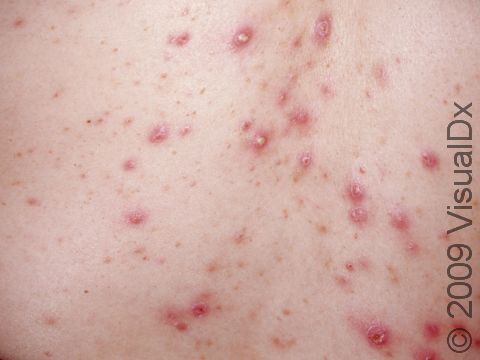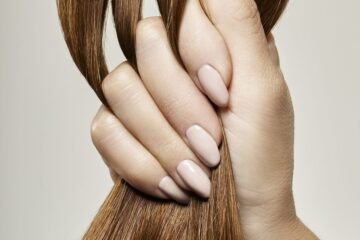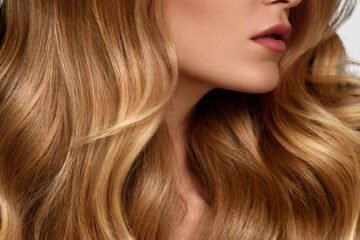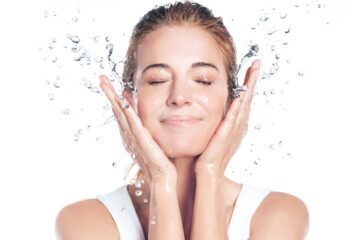What Is Acne:
Acne is another skin disease that is associated with inflammation and occurrences for reason that hair follicles together with the surrounding skin are filled with a greasy substance from the body. This may lead to the development of pimple, black head or white head forming on the skin. Common sites for acne are on the face, neck, chest, back, and shoulders. At times, it is triggered by hormonal changes, genetics, or the use of particular medications or an upsurge in the facial skin’s oil production. Acne can be treated with creams, medications, changes in the individual’s lifestyle and at times, dermatological procedures.
Moreover, acne as you all know is a skin disorder that affects so many individuals most of whom are adolescents. It develops when the skin surface together with the oil and dead skin cells block the skin pore. This can result to formation of pimples such as black headed, white headed or just simply pimples. Acne also does not confine itself to the face; it can manifest almost in any area of the human body.
The primary triggers of acne are changes in hormones and heredity; some medications and treatments, excessive secretion of sebum. Some of the tips on managing acne include; cleanse your skin gently, do not try to pop pimples, and use gentle products.
The methods of acne treatment include applying creams and gels, taking antibiotics and retinoids, changing one’s diet and dealing with stress, and perhaps going through professional procedures like peeling and laser therapy.
At What Age Acne Is More Likely To Appear:
Acne commonly develops during puberty; this is between twelve and twenty-four years of age. At this period in the life of a woman or men, they are also likely to experience fluctuations in hormones, which shows an ill effect on the skin because it causes an increase in secretion of oils hence developing acne. However, acne can also be found in adults because of factors such as stress, hormonal imbalance, medications or hereditary.
What Are The Causes Of Acne:
Acne is developed when the hair follicles on the skin become blocked with both oil as well as the dead skin cells. This blockage can lead to the growth of bacteria, this in turn leads to inflammation and therefore formation of various kind of pimples. Some factors that make you more vulnerable for acne are hormonal changes like during puberty, increases the level of oil produced in the skin.
The hereditary factor also comes in to contribute; if your parents had acne, then you are most likely to have it as well. Some drugs, including corticosteroids or lithium, can also cause acne, including oral contraceptives, and hormone replacement therapy. It is very important to avoid touching your face, so acne does not spread and to apply oil-free makeup to help in preventing acne.
How To Get Rid Of Acne:
For removing acne, one needs to take proper care of their skin and follow a proper skin care regimen. First of all, you should begin waking your face with a mild soap and water in the morning and before going to bed at night. Products with ingredients such as salicylic acid or benzoyl peroxide should be used to help in opening the pores and minimize bacteria. Do not rub your face roughly with soap and water because it can cause your skin to become irritated.
Additionally, they supposed one must not touch one’s face with dirty hands because this can lead to inflammation of acne. Don’t forget to apply a non-comedogenic moisturizer on the skin as this will prevent the skin from being dry and at the same time avoid making the pores on the skin smaller.
However, if your acne is very bad or continues, it would be advisable to see a dermatologist who will advise on systemic options such as drugs or operations in order to cure the acne. As with any skin condition, do not get discouraged and keep using your products as any acne treatment requires time.
To Prevent Acne:
1. Cleanse your face: Exfoliate your face gently twice a day with a cleanser, and this will help to eliminate the skin bacteria, oils, and dirt that causes acne.
2. Moisturize: To avoid allergy and grease, use a non-acne face moisturizer for that tender skin on your face.
3. Avoid touching your face: You can end up spreading bacteria and oils on your face leading to acne whenever you touch your face. It is advised to limit the touching of your face especially with your bare hands.
4. Use non-comedogenic products: prefer skincare and makeup products that have non-comedogenic label of which this means they do not contribute to the formulation of acne.
5. Protect your skin: Apply sunscreen because your skin may be damaged by the sun worsens the condition of acne.
6. Eat a balanced diet: Ensure that take a lot of fruits and vegetables, and whole grains. There are publications which indicates that some food products such as dairy and glycemic index foods make acne worse for some people.
7. Manage stress: Stress leads to skin complications and hence is a major cause of acne. Engage in activities that has stress reducing effects such as yoga, meditation or even exercising.
8. Don’t pick at your acne: Touching the acne either by popping or squeezing it can destroy the skin tissue and cause more inflammation. One should clearly avoid it or at least consult a professional about it.
9. Stay hydrated: Sufficient intake of water is very important as it will help in taking care of our skin and make it healthy.
If, adhering to the information above and taking proper care of your skin with the help of a correct daily-care regimen, pimples and other skin problems are unlikely to bother you.
Stay with us for further more information.
By using this site, you agree to the Terms and conditions and Privacy Policy of https://beautyvitalityco.com/
Previous post: ttps://beautyvitalityco.com/what-is-sauna-benefits-result-disadvantages/




0 Comments